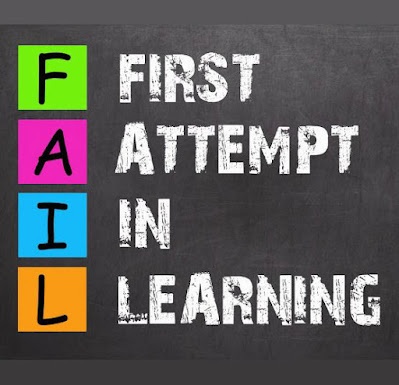Emotion Affects Deep Learning

Think back to classes in high school or college where you learned and retained that learning. The research on learning would bet that you felt positive emotion in that learning environment. You were stimulated by interesting things, thoughts, and ideas. You were challenged and attentive. You felt accomplishment and achievement. Is that accurate to the classes you thought about? It turns out that our memory is tied to emotion. Positive emotion in the learning environment helps us develop durable, persistent knowledge. According to Sarah Rose Cavanagh, scholar in affective science, in her book The Spark of Learning: Energizing the College Classroom with the Science of Emotion, there is a long-held belief that emotion and cognition (thinking) are separate and potentially at odds with each other; but actually the “neural mechanisms underlying emotion, motivation, and learning are so intertwined.” She suggests that to motivate and educate our students, “there is no better approach than to t...

